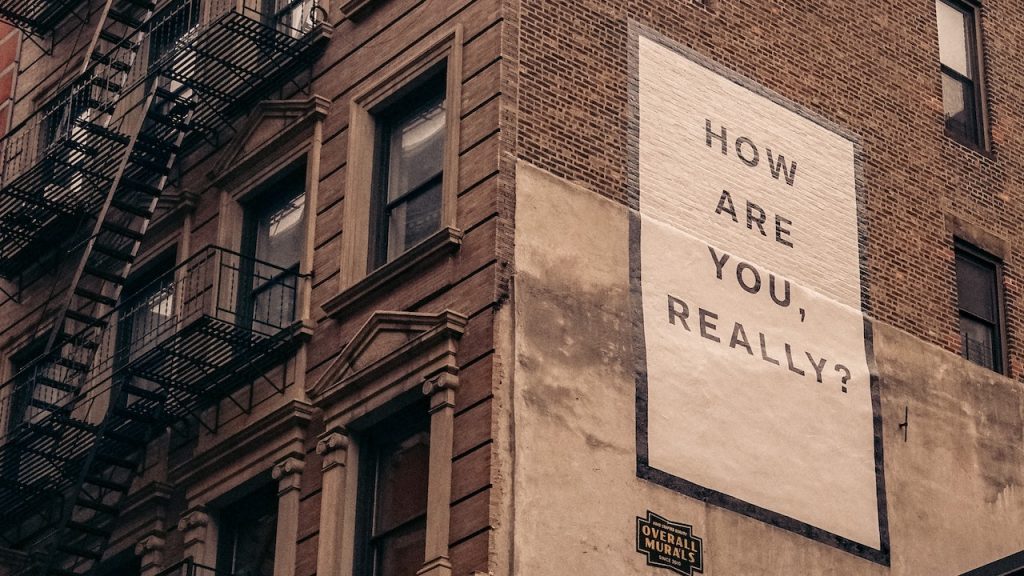How the Pandemic Has Changed the Conversation on Mental Health
Elite athletes like Simone Biles and Naomi Osaka are part of a younger generation changing how we think about mental health, but while raising awareness is beneficial, cultural and economic issues continue to be a barrier to access.

Mental health has been widely talked about in America recently with emotions surrounding the pandemic and the awareness movement led by athletes Naomi Osaka and Simone Biles. The question is: Is mental health finally being treated as a serious concern in this country, or is it impossible to improve systemic mental health conditions with America’s cultural expectations and economic pitfalls?
“It’s certainly my hope that this pandemic will lead to real systemic changes, but there’s absolutely going to need to be real things that cost money and that require work by legislators and decision makers beyond encouraging awareness that I think we’ve seen.” –Anna North, Vox
Listen: Is America finally taking mental health seriously?
Guests
Anna North is a writer and senior correspondent for Vox. Her most recent piece is titled “America’s Mental Health Moment Is Finally Here.” She says though the pandemic has been a source of grief, it’s also allowed us to open up more about our mental health. “Overwhelmingly I have seen a lot of support for Biles and Osaka … some of that comes out of a certain amount of awareness that’s come with the pandemic … The pandemic has taken a cognitive toll on all of us … I think a lot of us can see where [Biles and Osaka] are coming from.” North says Biles and Osaka are part of the younger generation that’s letting antiquated ideas about work and mental health wane. “Black athletes and Black women athletes are people who American society has asked a lot of, and people who American society hasn’t always given a lot back to … I think it’s powerful for these young Black women to say ‘I am gonna take care of myself.’”
North says while raising awareness around mental health is beneficial, America has cultural and economic issues preventing those who need mental help from getting it. “It’s certainly my hope that this pandemic will lead to real systemic changes, but there’s absolutely going to need to be real things that cost money and that require work by legislators and decision makers beyond encouraging awareness that I think we’ve seen.”
Dr. Cindy Morgan is a clinical psychologist with over 35 years of experience. She says American society sets unrealistic pressures to succeed regardless of cost. “There are also outdated and even damaging beliefs that are very prevalent, both in sports and in American culture, like, ‘no pain no gain’… all those things that sort of say, ‘ignore the signals your body and your mind are giving you and just push through.’”
Morgan says the larger cultural conversation around mental health and athletics has garnered more empathy through the pandemic. “To train at that elite level also really imposes the kind of isolation most of us never experienced until this pandemic, and perhaps we can understand better what that feels like after the last 18 months.” She says many patients come to her ashamed to ask for help, but, “the kindest thing you can do is think, ‘If my best friend came to me with these problems, what would I say to them,’ and then say that to yourself.”
Trusted, accurate, up-to-date.
WDET strives to make our journalism accessible to everyone. As a public media institution, we maintain our journalistic integrity through independent support from readers like you. If you value WDET as your source of news, music and conversation, please make a gift today.
